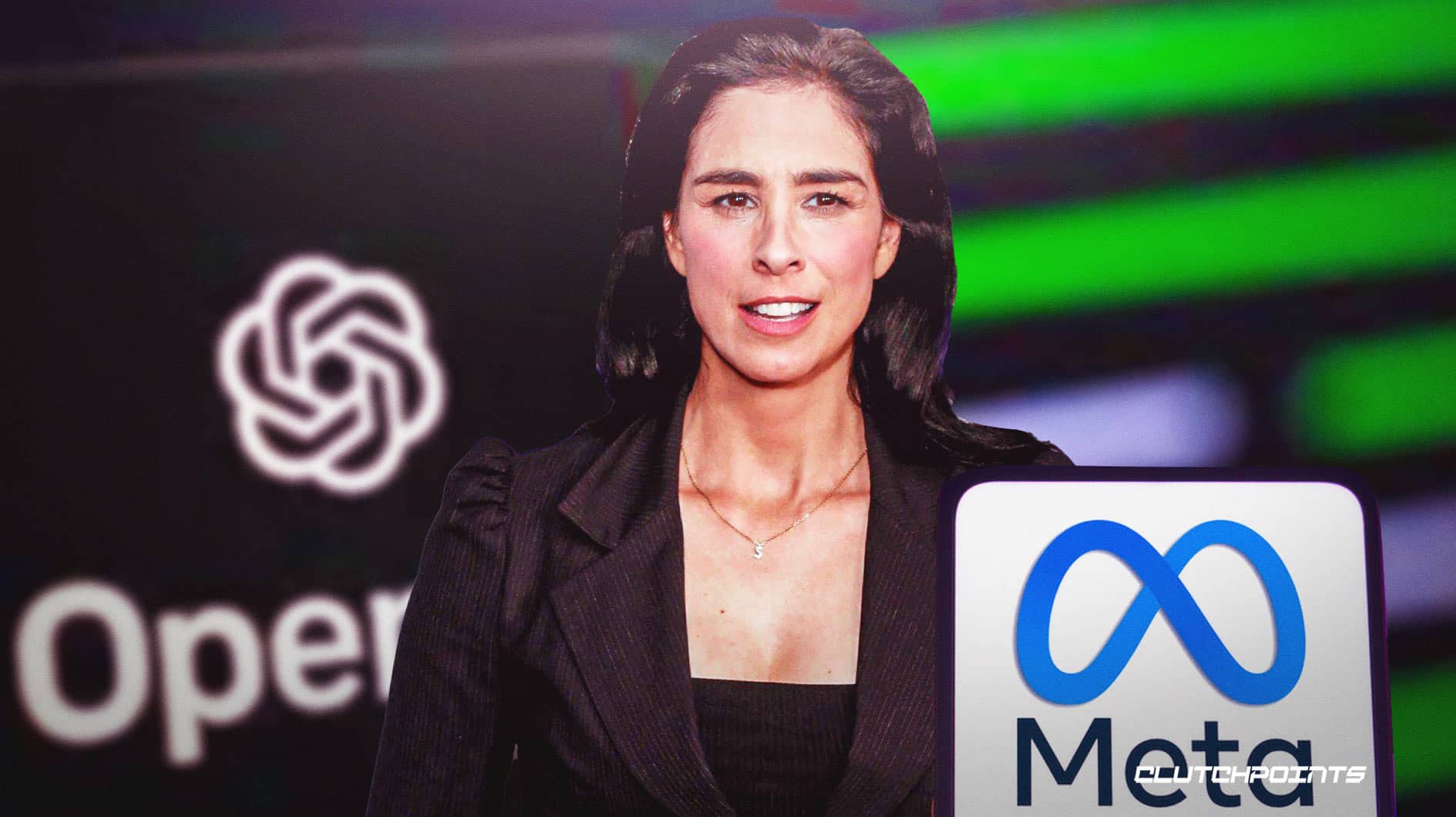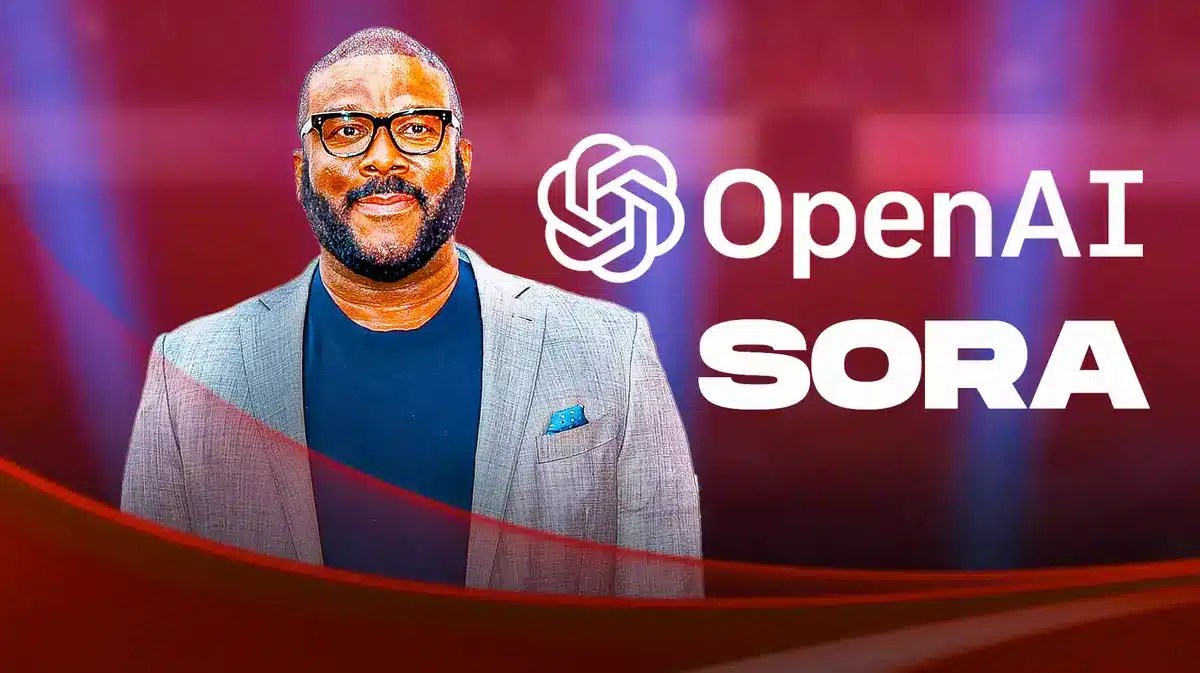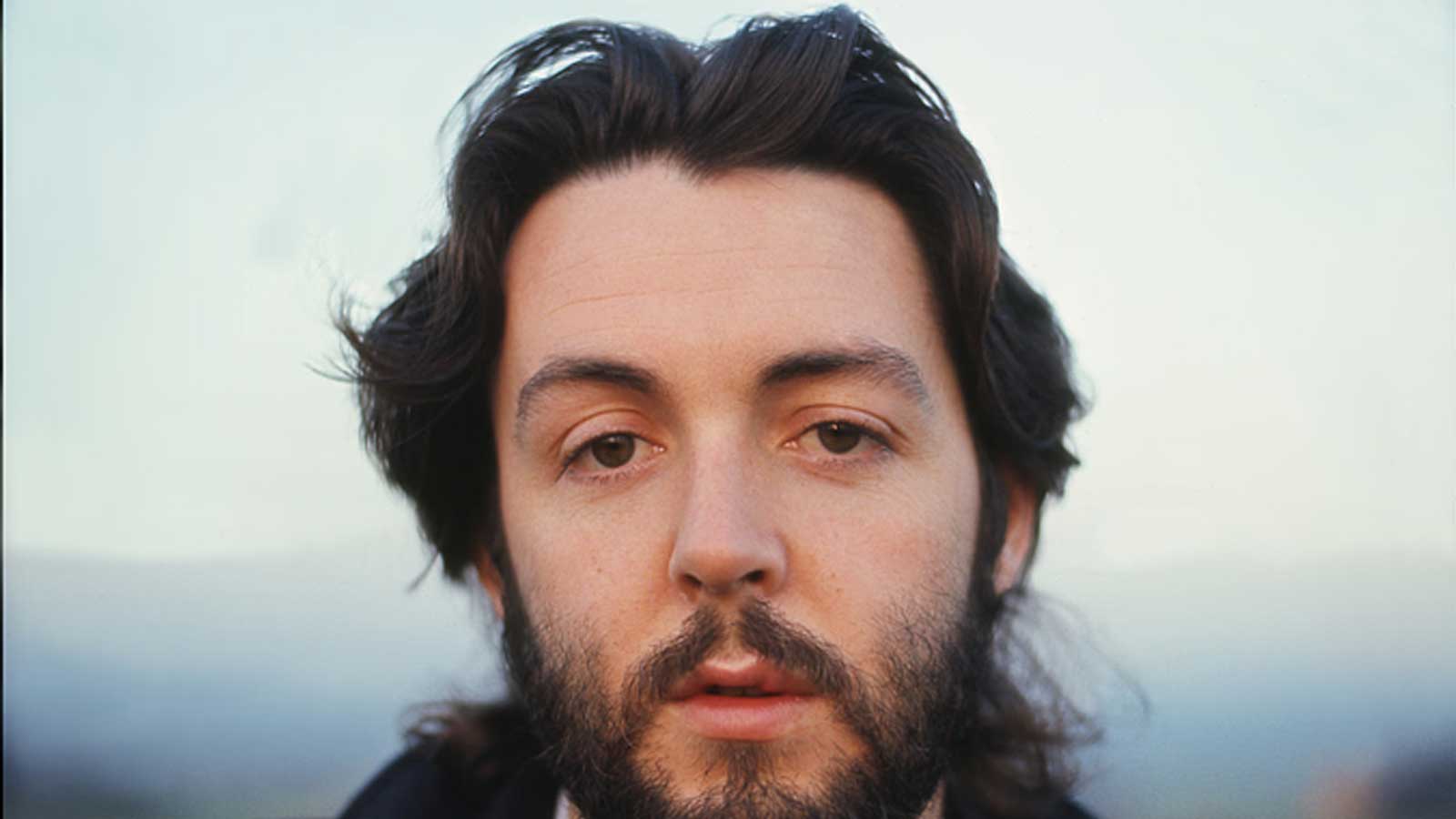Tyler Perry has been planning an $800 million expansion of Atlanta studio in the last four years, which would add 12 soundstages to his 330-acre property. However, he's putting those plans on pause due to what he saw as rapid developments of OpenAI's text-to-video system Sora, according to The Hollywood Reporter.
The filmmaker noted that his productions might not need to travel to locations or build actual sets due to AI.
Perry told THR, “Being told that it can do all of these things is one thing, but actually seeing the capabilities, it was mind-blowing.”
Tyler Perry and AI
According to him, AI is “going to be a game-changer.” He thinks that with Sora and seeing how it could develop in only a few years, it could mean that “a pilot that would've cost $15 [million]” could be made at a fraction of a cost.
However, Perry also said that he feels very strongly that “in the near future, a lot of jobs are going to be lost.”
“It makes me worry so much about all of the people in the business… Looking at this, I'm thinking this will touch every corner of our industry,” he stated.
As a businessman, Perry claimed, “For me, I’m looking at my business and the bottom line, but I'm also very concerned about all the people that I have trained and bought up in this industry. I'm concerned about what will happen to them.”
When asked what he thinks Hollywood's response should be, he replied, “I absolutely think that it has to be an all-hand-on-[deck] approach … I think this is a time for galvanizing one voice in motion to help save, protect the individuals of our industry.”
The director said he feels no pressure to use AI, but at the same time sees the advantages it could bring to the table. And stated that he has just used AI in two of his films that will be announced soon.
He touted some of its benefits, especially in the effects department: “In post and on set, I was able to use this AI technology to avoid ever having to sit through hours of aging makeup.”
AI: Hollywood, Congress and everyone else

However much Perry may find AI useful, he said, “There's got to be some sort of regulations in order to protect us. If not, I just don't see how we survive … I'm hoping that there's a whole government approach to help everyone be able to sustain, is my hope.”
And as for the developers of artificial intelligence, he said “that as people are embracing this technology and as companies are moving to reduce costs and save the bottom line, that there'll be some sort of thought and some sort of compassion for humanity and the people that have worked in this industry and built careers and lives, that there's some sort of thought for them. And I think the only way to move forward in this is to galvanize it as one voice, not only in Hollywood and in this industry, but also in Congress.”
The biggest problem when it comes to laws governing AI — there currently are very few and hardly defined — is that it's a fast-developing technology. The law doesn't move as fast the times do. Take for example Sarah Silverman's case against OpenAI and Meta for copyright infringement.
Most of it was dismissed by a US judge who called the lawsuit “nonsensical.” And that was just a fight for intellectual copyright and not displacement of workers as Perry said will happen with the current development.
I believe AI can be a good tool to assist us in our daily lives. The problem lies with its regulation. I agree with Perry. There needs to be transparent discussion with lawmakers. Pretty soon it won't just be Hollywood that needs to take a stand — it'll be everyone else.




















